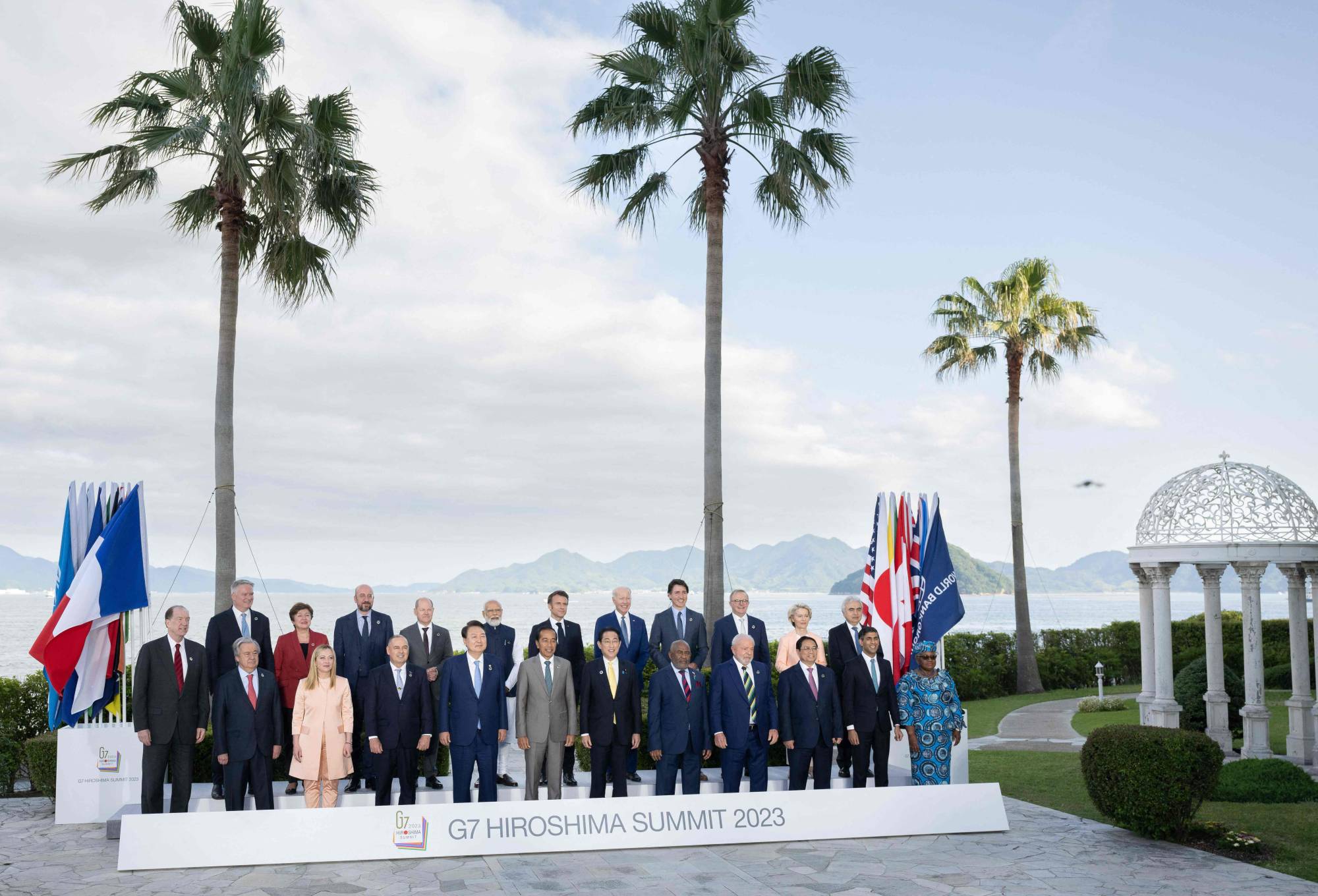The Group of Seven's move to promote deliveries of liquefied natural gas as a temporary response to the energy crisis prompted warnings from environmental groups over the continued embrace of fossil fuels, with one expert pinning blame on the hosts.
At their summit in Hiroshima, G7 leaders also stressed the importance of making a green transformation and pledged to ramp up clean energy investments. Specifically, they mentioned a collective increase in offshore wind capacity of 150 gigawatts by 2030 to meet a joint commitment to cut greenhouse gas emissions by 60% and fully or predominantly decarbonize the power sector by 2035.
But it was the G7's approval of new gas investments to survive the ongoing energy shortages stemming from the Russia-Ukraine war that caught the attention of environmental organizations.


















With your current subscription plan you can comment on stories. However, before writing your first comment, please create a display name in the Profile section of your subscriber account page.